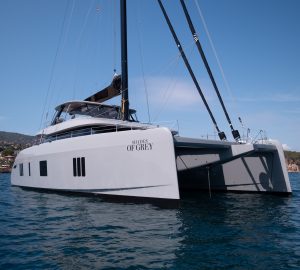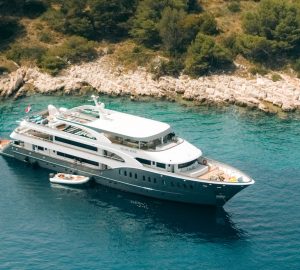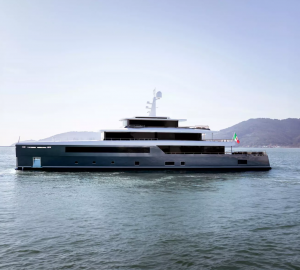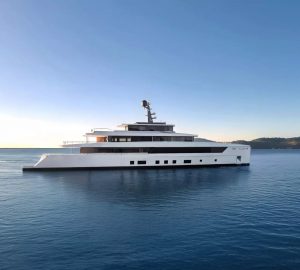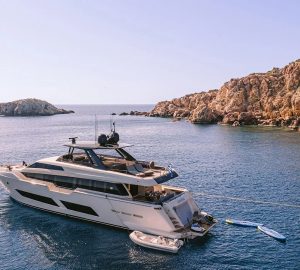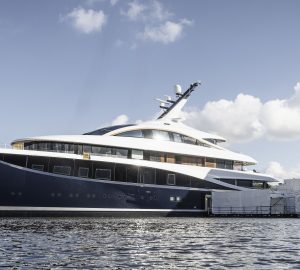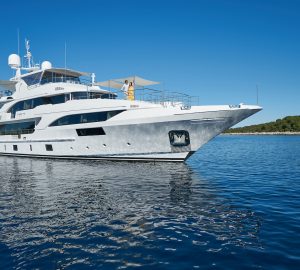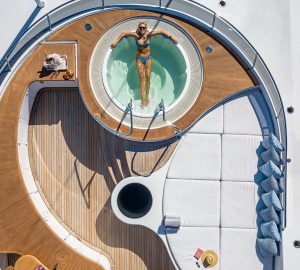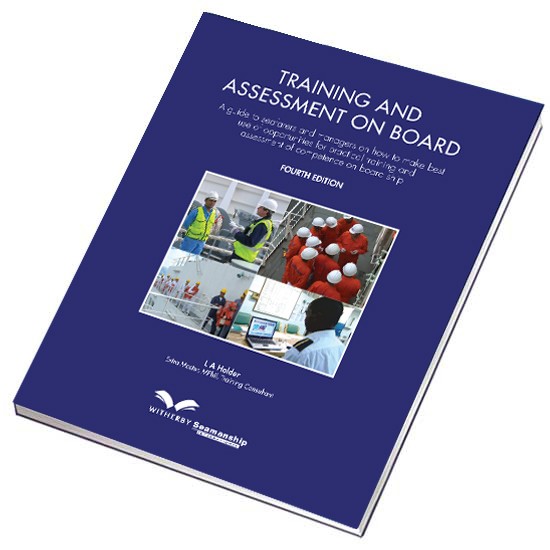This month sees a new edition of the essential maritime publication ‘Training and Assessment On Board’ written by Len Holder and sponsored by Videotel Marine International. Fully updated, it takes into account recent changes in international regulations and advances in teaching techniques using new methods and technology.
Rules alone do not make training effective. It requires the dedication, interest and skill of everyone involved: shore managers; senior officers on board; trainers and trainees. This book, based upon the experience of managers and trainers over many years, aims to make training more effective and enjoyable. Following its advice should make it easier to gain official approval from national administrations.
Training future seafarers in an industry under financial, time and manpower pressures needs good organisation. This book is a vital guide for seafarers and managers and explains how to make best use of the resources and time available to ensure the competence of managers, officers and crew members.
This handy sized full colour, 82 page publication is full of photographs, charts and examples. It is also available as an eBook, allowing easy use on ships, in the office, at home and whilst travelling. Users can use the search facility to locate relevant texts when planning training programmes or drills.
Provided free to all Videotel clients, the book will be used in their shipboard libraries and VOD computers. It will act as a central source of advice on all training and assessment carried out on board, not only as part of voyage training but as part of career development of junior staff and continuing professional development of middle ranking and senior personnel.
The book is available from Publishers Witherby Seamanship International and maritime chart and book stockists.
The book ‘Training On Board’ was first published in 1991. It described how managers, trainers and trainees could make the best use of education and training opportunities on board. The second edition in 1997 contained more information on assessments – if you cannot measure what is being taught, you do not know how effective your teaching is. The third edition in 2002 included more information on international rules on certification. This fourth edition takes into account the major revision of the International Maritime Organization’s Standards of Training and Watchkeeping in 2010.




